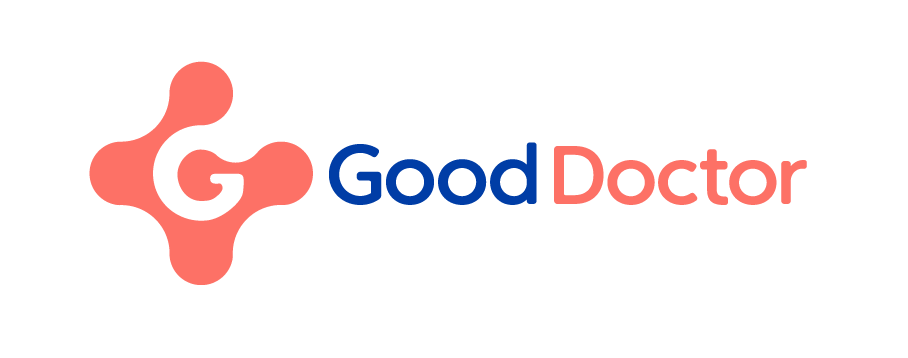Share This Article
World Breastfeeding Week is a global campaign to support mothers in providing exclusive breastfeeding. However, every mother certainly has her own challenges when it comes to breastfeeding. One of them is a mother who suffers from breast cancer, of course you will be very worried if you have to continue breastfeeding your little one.
This worry arises because you don’t know whether it is safe to breastfeed your baby when you are suffering from breast cancer. To be a little calmer, let’s read the explanation.
Can you still breastfeed your baby when you have just been diagnosed with breast cancer?

As reported by Verywell Health, because cancer is difficult to detect in the breasts of breastfeeding mothers, it is rare but not impossible for women to be diagnosed while breastfeeding.
If this happens, it doesn’t mean breastfeeding automatically ends. For example, diagnostic procedures (such as needle biopsies) are generally not a barrier to continuing breastfeeding.
At this point, you may want to pump and store breast milk, or research and choose formula, so as to bridge the gap if your treatment regimen ultimately requires you to delay breastfeeding.
Is it safe to continue breastfeeding during cancer treatment?
If your treatment involves surgery, find out if the surgeon has operated on the breasts of breastfeeding mothers before, as this could have an impact on your health.
Generally, a mother who is breastfeeding does not want to damage the milk ducts and refuses surgery, but removing the cancer may cause damage to the milk ducts.
Stop breastfeeding if undergoing chemotherapy and radiation therapy
However, if your treatment plan is chemotherapy, it is highly recommended to stop breastfeeding immediately during treatment and for some time afterward. Some dangerous ingredients during chemotherapy can be ingested by the baby while breastfeeding and may be toxic to the baby.
The doctor will explain the effects of the treatment and whether it is possible to breastfeed using both breasts or just the unaffected breast while the treatment is taking place.
If you have been advised by a doctor not to breastfeed during treatment for the safety of the baby, another alternative may be to choose to do a “pump and dump” to prevent breast engorgement.
This method involves pumping the breast every day so that the milk supply continues. Once your breast milk supply is deemed safe, you can continue breastfeeding as usual and give it directly to the baby.
Is it safe to breastfeed again after treatment is finished?
When the treatment period has ended, you can start continuing to breastfeed the baby. But remember that the effects of cancer treatment may still remain in the body and breast milk. It’s best to ask your doctor when it’s safe to try breastfeeding again.
1. Breastfeeding after surgery
If you have had surgery to remove cancer, breastfeeding again may be a challenge. Surgery may damage some of the milk ducts, thereby reducing the amount of breast milk you can give.
But there’s no need to worry too much, if damage has occurred due to surgery, when you breastfeed regularly again you can restore your milk supply within a few weeks.
Or the unaffected breast may increase its production sufficiently to meet the baby’s needs.
2. Breastfeeding after radiation therapy
Milk supply may decrease or stop in the treated breast after radiation therapy. Radiation can also decrease the elasticity of the nipple, making it more difficult for the baby to “latch” properly.
If the treated breast does not produce milk as expected, the other breast can usually replace the lost volume of milk on its own within a few weeks of resuming regular breastfeeding.
3. Breastfeeding after chemotherapy
Residual chemicals may still be present in the breast milk supply. Ask your doctor when it is safe to breastfeed again.
The good news is that once cleared by a doctor, chemotherapy is unlikely to have a long-term effect on the ability to breastfeed again.
If prescribed ongoing Nolvadex (tamoxifen) therapy, you will not be able to breastfeed until after stopping this medication. Tamoxifen inhibits breast milk production and its presence in remaining breast milk can be dangerous for babies and children.
Breastfeeding tips for mothers with breast cancer
According to WebMD’s explanation, if you choose to breastfeed when suffering from breast cancer, here are several tips you can do:
Pump to maintain breast milk supply
If you plan to return to breastfeeding after treatment ends, it’s a good idea to pump during cancer treatment or before surgery. You must throw away breast milk if you are taking chemotherapy therapy, targeted therapy, or hormone therapy drugs.
Pumping will make your body think that you are breastfeeding. This method will make the body continue to produce breast milk. After the treatment or procedure ends, you can breastfeed again.
Talk to your doctor about breastfeeding when you have cancer. Good communication is the most important way to decide to breastfeed when suffering from breast cancer.


